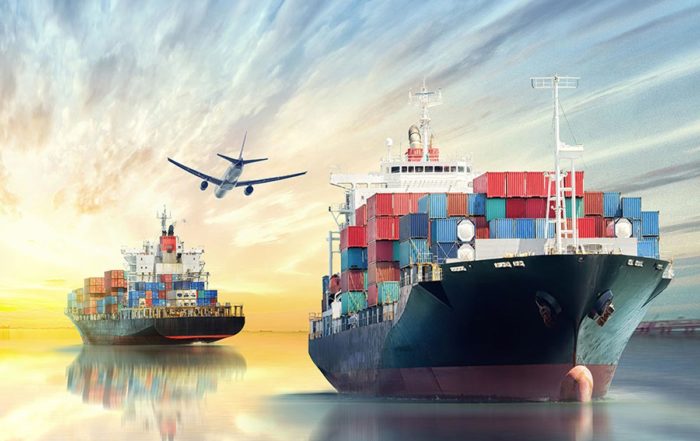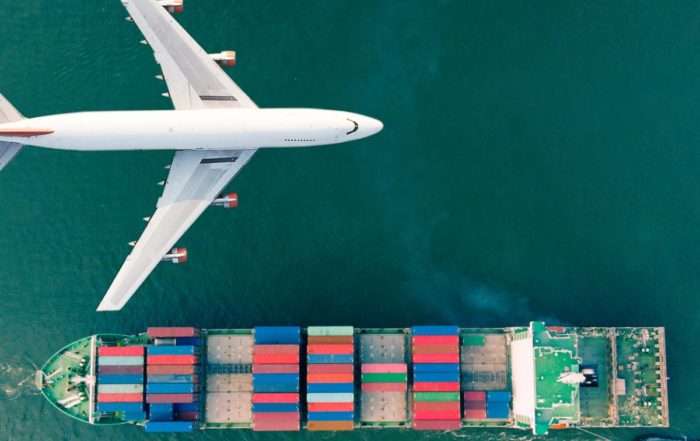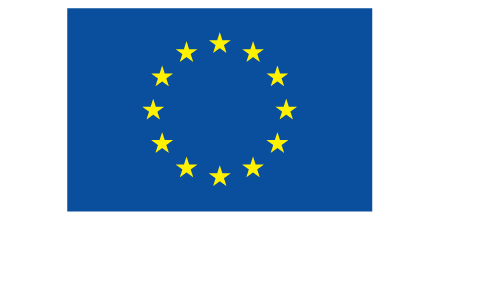The cultural variety and natural wealth of more than 50 countries on the African continent, each with its own character, makes it one of the most interesting export destination both for now and the future. It is even more attractive for Spain however because it provides a strategic and political focus for the country’s trade relations. For this reason, Spain has joined programs such as the 3rd African Plan, which aims to promote closer ties between Africa and Spain.
But why export to Africa? The African continent is undoubtedly set to become an economic powerhouse in the 21st century. Its large population, expanding young population, its rising middle class and burgeoning industry and infrastructure make the continent a perfect destination for investment and trade.
Of course, if so far it has been possible to establish a viable commercial relationship with the African continent, it is largely due to the existence of certain advantages that Spain enjoys over other countries. The main one is the tax benefits relating to VAT and Corporate Tax, which have made these export operations much more profitable for companies. The possibility of deducting the costs invested in innovation and research must also be considered.
But there are also other factors that have contributed to this favorable situation for Spain. A clear example is the decrease in the sale of products from Asia to countries such as the United States due, essentially, to the increase in tariffs established by the Trump Administration. How does this benefit us? Very simply, those products that do come from China are ordered from countries like Spain.
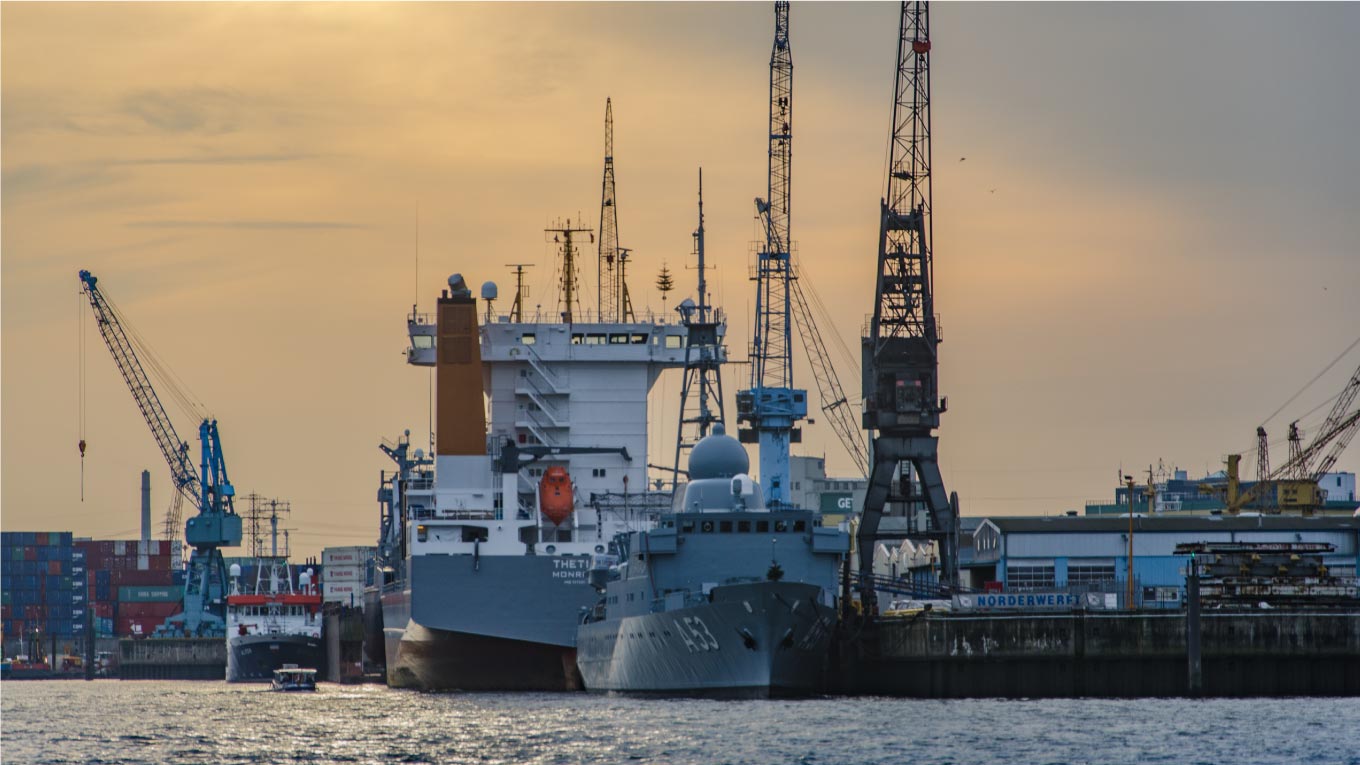
Main challenges for Spanish exports
Around 1,600 Spanish companies are present today on the African continent. In 2018, Spanish exports to Africa made a profit of more than 18.55 billion euros, a figure which has increased progressively over recent years, even doubling the figures achieved in 2009.
However, despite the advantages and key characteristics that make Africa an attractive export destination, Spanish companies face some difficulties when it comes to export. According to one of the latest trade reports from the Ministry of Industry, Trade and Tourism, Spain still has weaknesses that affect these trade relations:
- The lack of globally known brands.
- Spain’s dependence on hydrocarbons.
- Cultural differences.
- Language.
- Distance and transportation costs.
- The economic and political situation of the destination countries.
In addition, some socio-political circumstances on the African continent can also affect Spanish companies. The main one is the reduction of tariff barriers between African countries posed by the African Free Trade Agreement (AfCTA) that came into force on May 30, 2019. The Directorate General for International Trade and Investment warns that this agreement may have an adverse effect on trade relations with Spain. As tariffs between African countries are reduced, it is possible that many imports from the European Union, and in particular from our country, may be replaced by others made in other countries from the continent.
Of course, this redirection of imports to other countries on the African continent is limited. These countries represent much less competition in the case of the import of industrial goods, mainly technological components, as well as agricultural goods that are imported for the development of industry.
Although intra-African trade has increased significantly over the last 20 years, it is still very small (around 16% of total trade) compared to that with the European continent. The estimate from the International Monetary Fund shows that the reduction of tariffs brought about by the AfCTA will increase intra-regional trade in the short term by around 16%, which still leaves a big opening for European and Spanish companies.
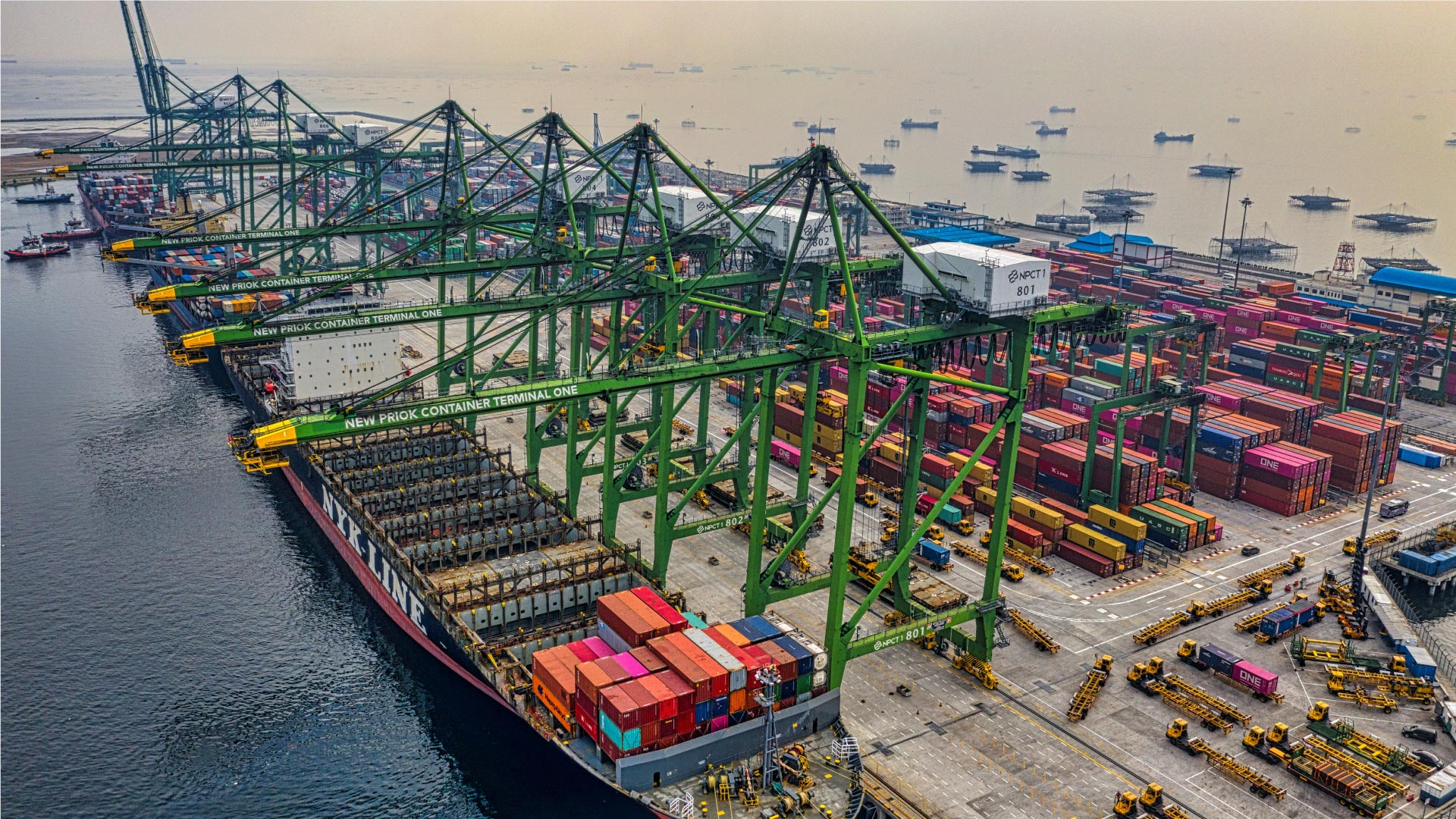
What products does Spain export to Africa?
Some of Spain’s best known and most common exports around the world are undoubtedly food products such as wine, oranges and oil. When it comes to trade with the African continent though, the main exports are very different.
Thanks to the annual study of international trade statistics corresponding to the 2018 financial year from the Ministry of Industry Trade and Tourism, we can see the sectors and products that have had the greatest success, and also with which countries most of this trade has been carried out.
Regarding the African continent, the products exported from Spain are mainly those manufactured with chemicals such as cleaning products or plastics. It also exports capital goods such as: machinery and material for industries; construction materials; machinery for construction, public works and mining; electrical material and equipment; machinery and material for the construction of canals and for water purification; and machinery and material for renewable energy installations.
These exports, which represent the bulk of Spain’s exports to Africa, are supplemented by others such as hospital equipment, supplies and equipment for the hospitality industry as well as food and beverages (essentially vegetables, preserves and olive oil), transport vehicles and the logistics sector.
However, when deciding to export a company’s products or services, it is essential to consider the target countries, as the type of products and services they need can vary considerably depending on the requirements of the destination country.
Logimarex International’s most exported products
At Logimarex International we export a wide selection of products to the African continent. Products such as food, pharmacy and parapharmacy products; perfumery and hygiene, and baby care products, among others. We make the most of the geographical location of Equatorial Guinea to establish advantageous trade agreements with neighbouring markets both by land and by sea.
In our work in export we have agreements with major brands, business groups and laboratories that rely on the experience of Logimarex International as a logistics platform to market their products in Africa.
Among the products exported from Spain that we deliver to African countries, 7 categories stand out and which make up the bulk of our exports:
- Food: pastries, vegetable oils, canned vegetables and fish, pasta, dairy products and sauces.
- Beverages: non-alcoholic beverages such as juices or alcoholic beverages such as wines and beers.
- Baby products: soaps, oils, creams, colognes, wipes and talcum powder.
- Cleaning: floor cleaners, dishwashers, detergents and fabric softeners.
- Hygiene: toothpaste, mouthwash, soaps, shampoos, razors and shaving creams.
- Parapharmacy: glasses for children and adults, technical aids such as walkers or barriers, personal protective equipment against COVID-19, nutritional supplements for athletes, energy drinks and bars, sports proteins and sexual health products.
- Perfumery: facial treatments, creams and make-up.
In addition, we also have our own brands such as Marsol which includes a wide variety of food products. Do you want to know more about our categories and products? Contact us.
Maritime traffic, its functions and dependability
Maritime transport moves cargo equivalent to more than 90% of world trade, according to the International Maritime Organisation
Angola, a destination for growth
It is a country with which Spain has maintained uninterrupted trade relations since it declared its independence in 1977
The container crisis and its effects
Several factors are influencing the container crisis, causing product shortages and price increases.
